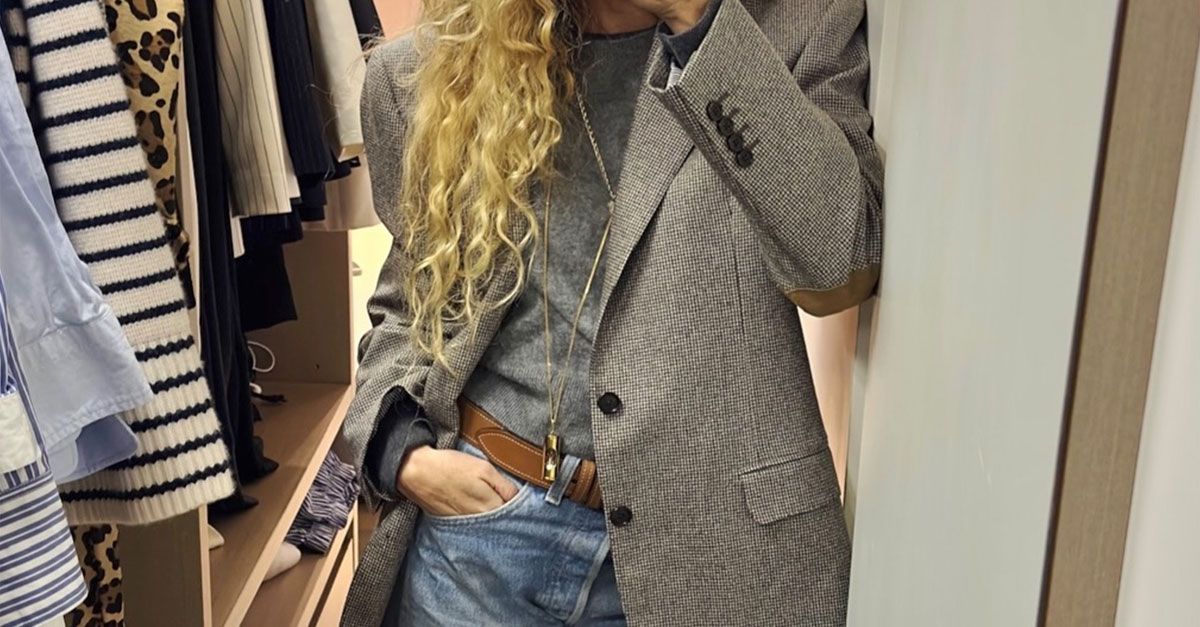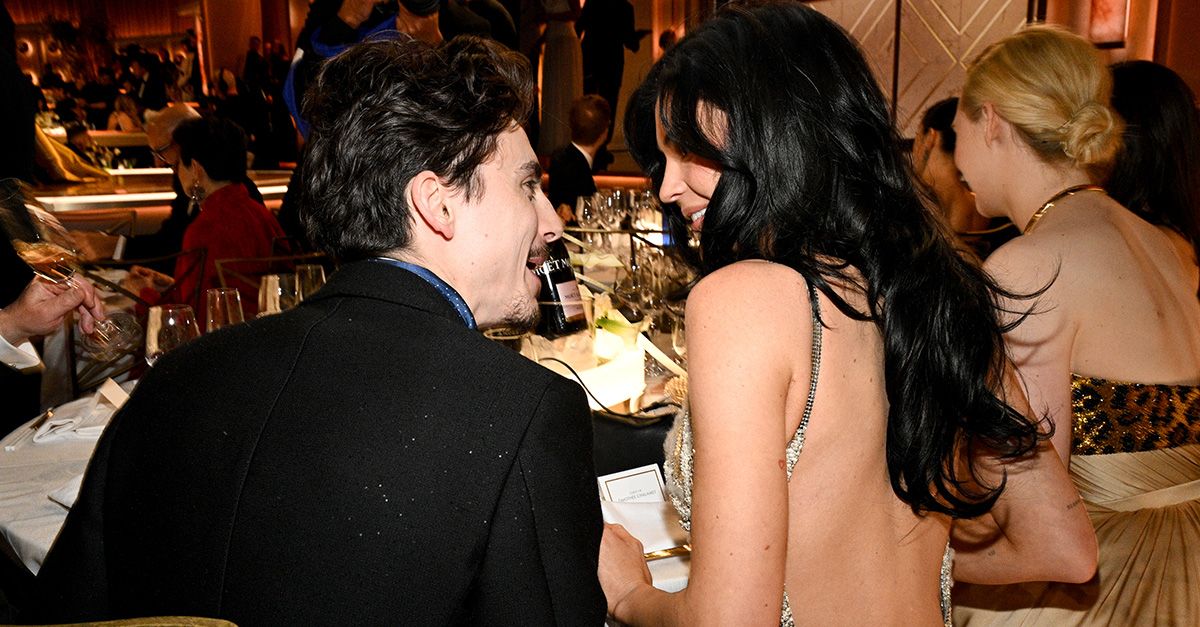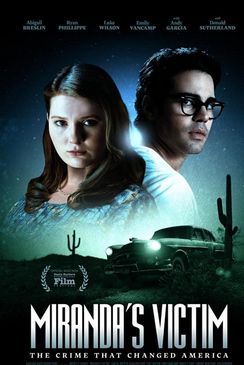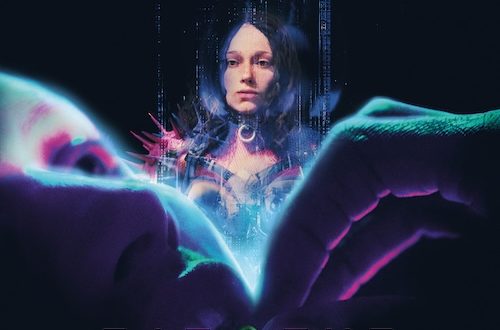No artist deserves to be defined by their romantic failures, least of all Adele, whose catalog has provided solace to leagues of lovelorn listeners over the past decade-plus — a generational voice worth wailing along to on our lowest days.
So in 10, 25 and 50 years, when anniversary retrospectives are written about the star’s excellent new album 30, may it not be unjustly labeled as her “divorce album.”
Because it’s not a divorce album. It’s an identity album.
Adele’s fourth LP, out Friday, is largely informed by her 2019 split from her entrepreneur ex-husband Simon Konecki after a seven-year relationship.
But 30 does not dare to wallow long in “woe is me” melancholy. Instead, Adele poses a much more constructive inquiry: Who am I now?
Her marriage is over, the family she spent a decade nurturing is forever changed, her nine-year-old son — to whom the album is dedicated — is too young to fully understand, she has a new boyfriend. What comes next?
Adele’s first album in six years again meets the singer where she is and where she’s going, another stark emotional snapshot of her life as it stands, loosely bound to her age (Adele is now 33, not 30). Such has been her songwriting M.O. since 19 in 2008, which introduced Adele Adkins as the next purveyor of bleeding blue-eyed soul. From 19 to her mammoth LPs 21 to 25 and now 30, rarely has a song been written without first-hand experience.
Several new tracks find Adele coming to grips with the long road back to happiness.
“Oh, what have I done yet again? / Have I not learned anything?” she wonders on “Hold On,” an introspective piano number whose hook begs and reminds: “Let time be patient (You are still strong) / Let pain be gracious (Love will soon come).”
The much grander lead single “Easy on Me,” which last month broke single-day streaming records on Spotify and Amazon Music, also asks for understanding, be it from her past love or her son, Angelo.
After years spent ensuring her child was kept from the spotlight, Adele lets listeners inside the family dynamic for the first time on “My Little Love,” a heartrending song is interwoven with clips of Adele and Angelo speaking to each other:
Angelo: “I feel like you don’t love me.”
Adele: “Why do you feel likе that?”
Angelo: “Do you like me?”
Adele: “You know mummy doesn’t like anyone else like I like you, right?”
“I know you feel lost, it’s my fault completely,” Adele sings in the first verse, over a ‘70s R&B groove. The six-minute song finishes with a voicemail the singer left for someone as she tearfully takes stock of herself.
“I feel like today is the first day since I left him that I feel lonely,” she admits through sobs. “And I never feel lonely, I love being on my own.”
All of this comes to a head on the penultimate track “To Be Loved,” an extraordinary, Whitney Houston-level ballad of introspection and triumph over desperation: “Let it be known that I will choose to lose / It’s a sacrifice, but I can’t live a lie / Let it be known, let it be known that I tried.”
Here, Adele is set loose, belting with indomitable power and vocal runs designed to pierce the atmosphere. With minimal instrumentation, the song sounds as though it was recorded in a single take. If she plays “To Be Loved” live, it had better finish the set — there’s no coming back from it.
Elsewhere, the singer alludes to new attraction on the pulsating and catchy “Oh My God,” and more pop-friendly “Can I Get It,” co-written by super-producers Max Martin and Shellback, with a flirty acoustic hook.
While more sonically ambitious in moments with bits of synth and vocal effects, 30 mostly stays the course of past Adele works: undeniable melody over gimmicks, piano and guitar built to transcend. The 12-track album is bookended by timelessness with a twist: The opener “Strangers By Nature” is a string-laden Judy Garland tribute with just enough digital dissonance to suggest a Bon Iver influence.
And closer “Love Is a Game” is a ‘60s-nodding soul winner with additional sweeping violins, though the title and its refrain, “love is a game for fools to play,” is an overused trope. See “Why Do Fools Fall in Love” (Frankie Lymon and the Teenagers), “The Game of Love” (Santana and Michelle Branch, as well as Daft Punk) “Love Is a Losing Game” (Amy Winehouse) “Love Game” (Eminem), “LoveGame” (Lady Gaga), the list goes on.
Otherwise deftly penned, 30 is an affecting, nuanced and bravely presented return for the star, at times painfully intimate in its display of deep, very adult wounds not easily healed.
Moreover, it’s an album without ego, a notion Adele assures in the chorus of the Elton John-nodding “I Drink Wine.”
“I hope I learn to get over myself.”

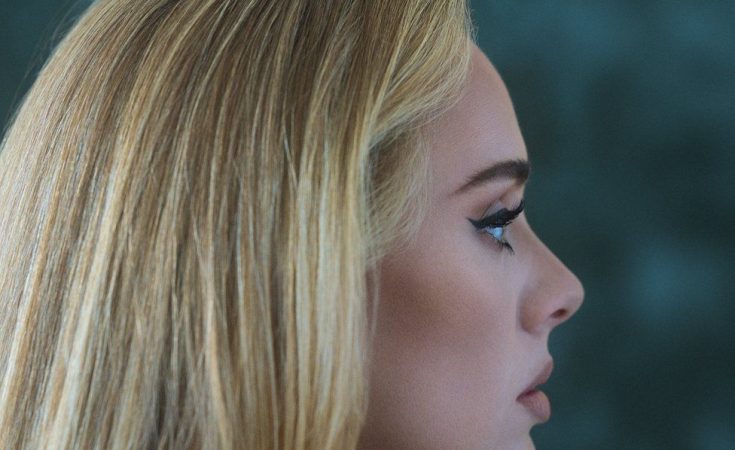

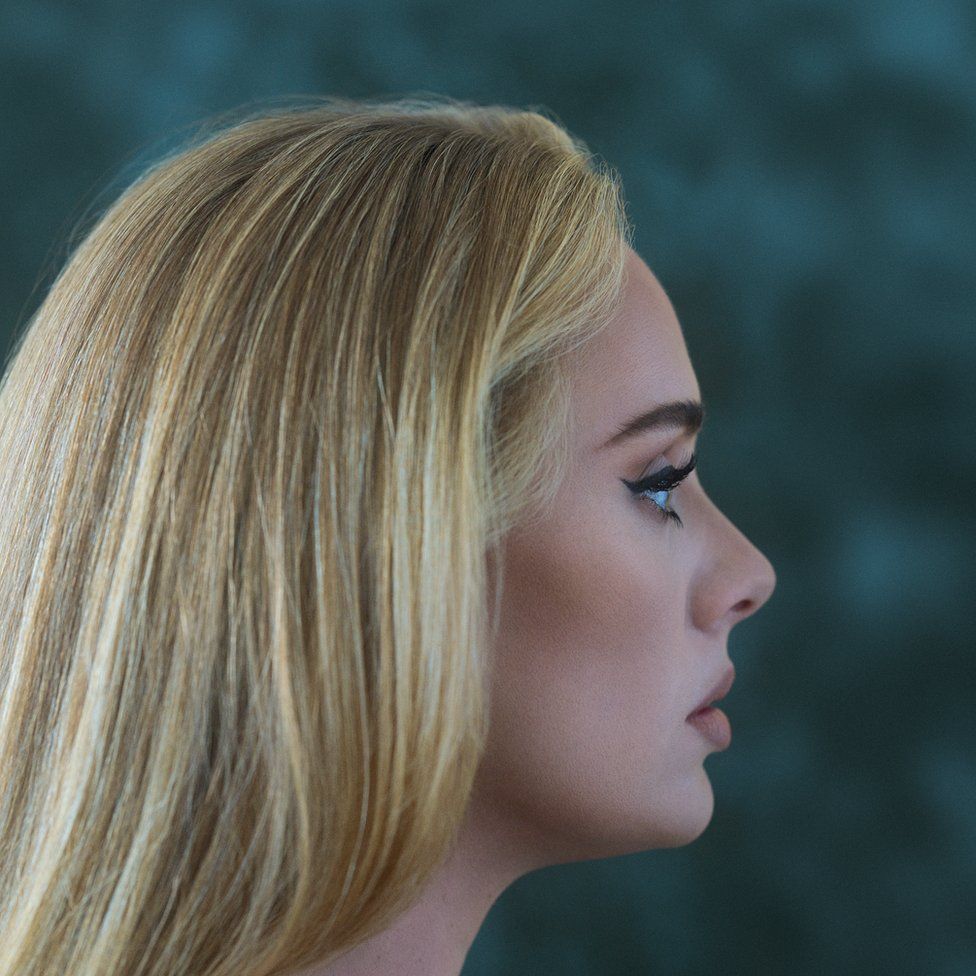






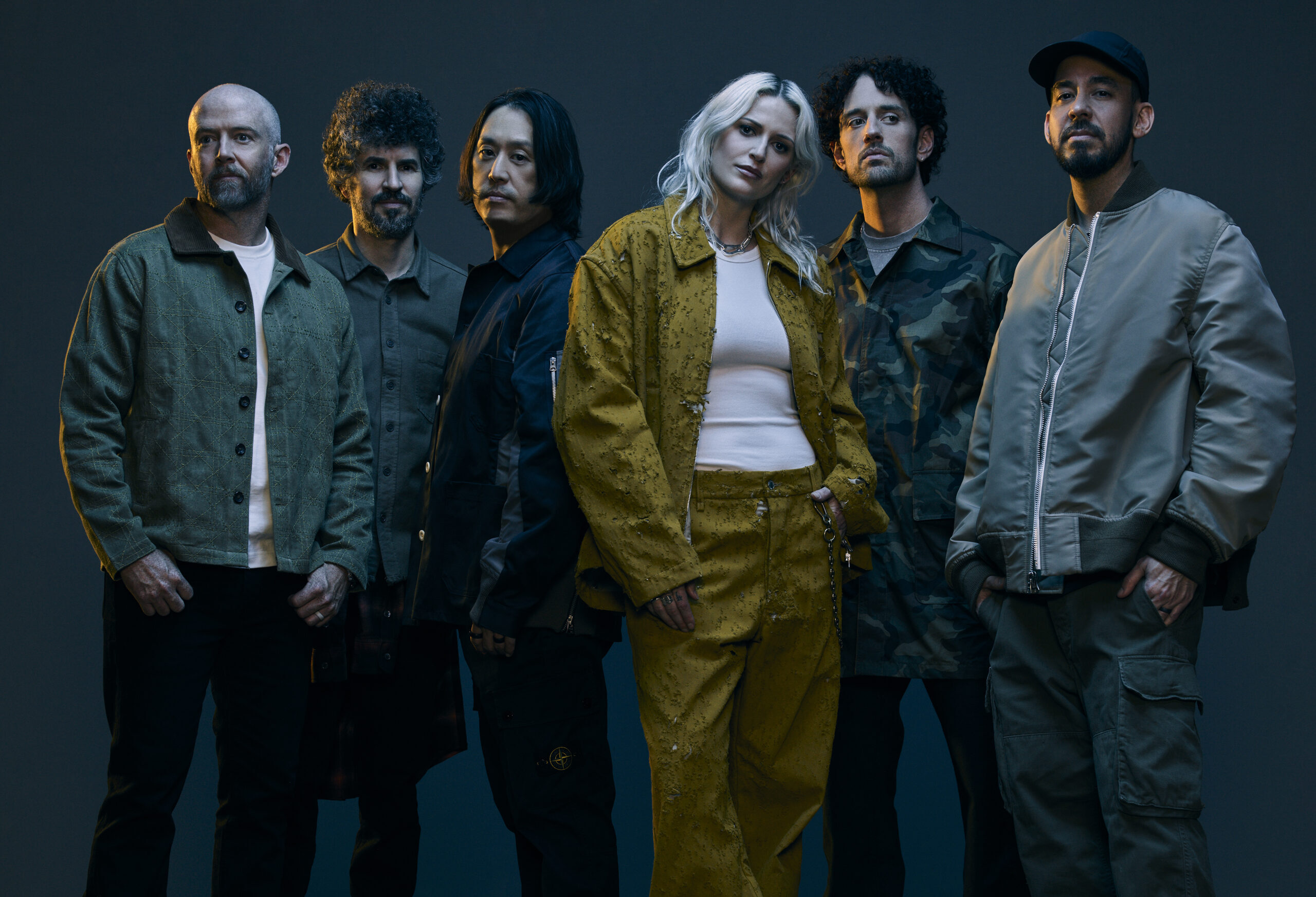

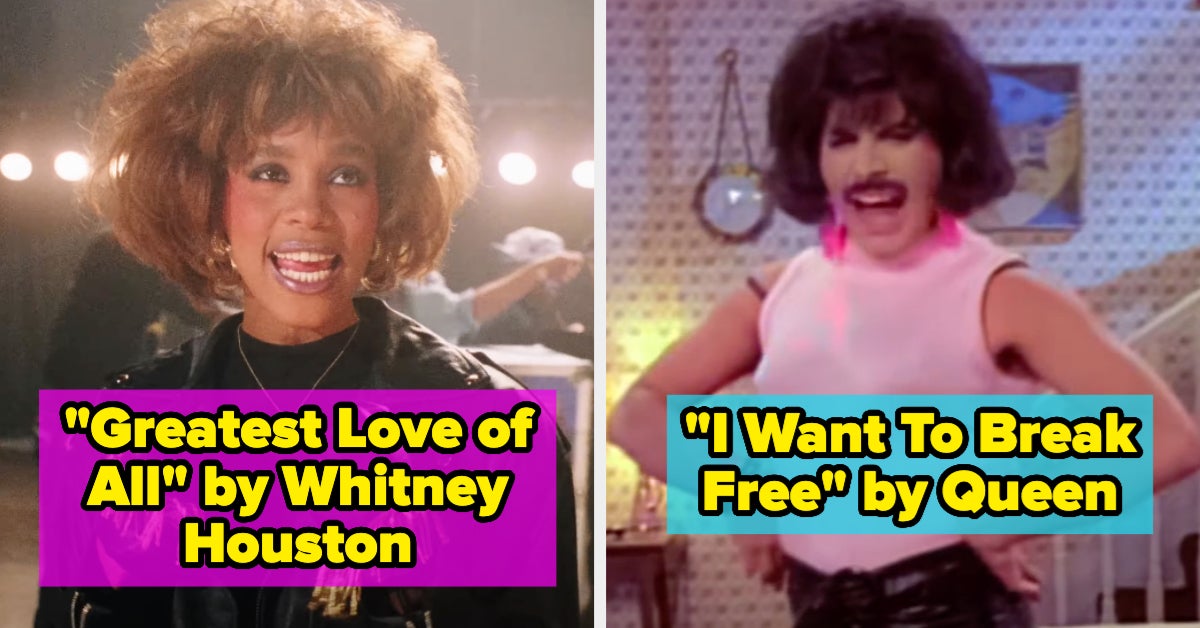







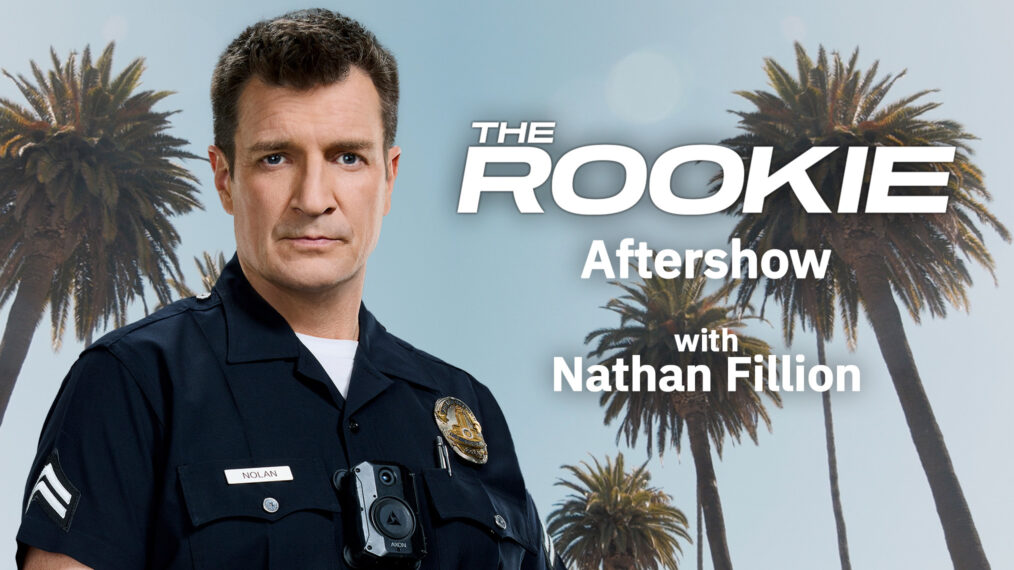

![Mandy Patinkin as [Spoiler], What’s Next for Oliver and Josh in Season 2 (Exclusive) Mandy Patinkin as [Spoiler], What’s Next for Oliver and Josh in Season 2 (Exclusive)](https://www.tvinsider.com/wp-content/uploads/2025/01/brilliant-minds-113-oliver-mandy-patinkin-1014x570.jpg)




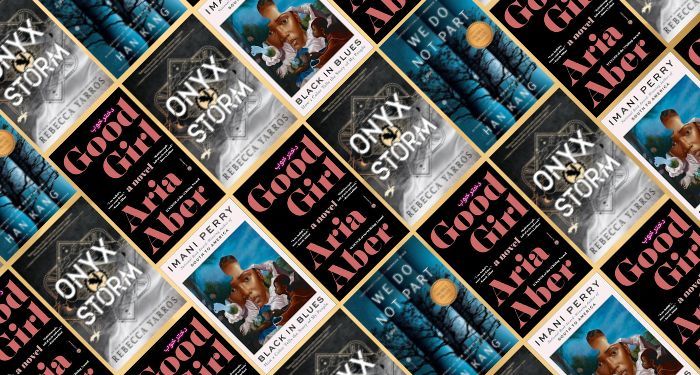
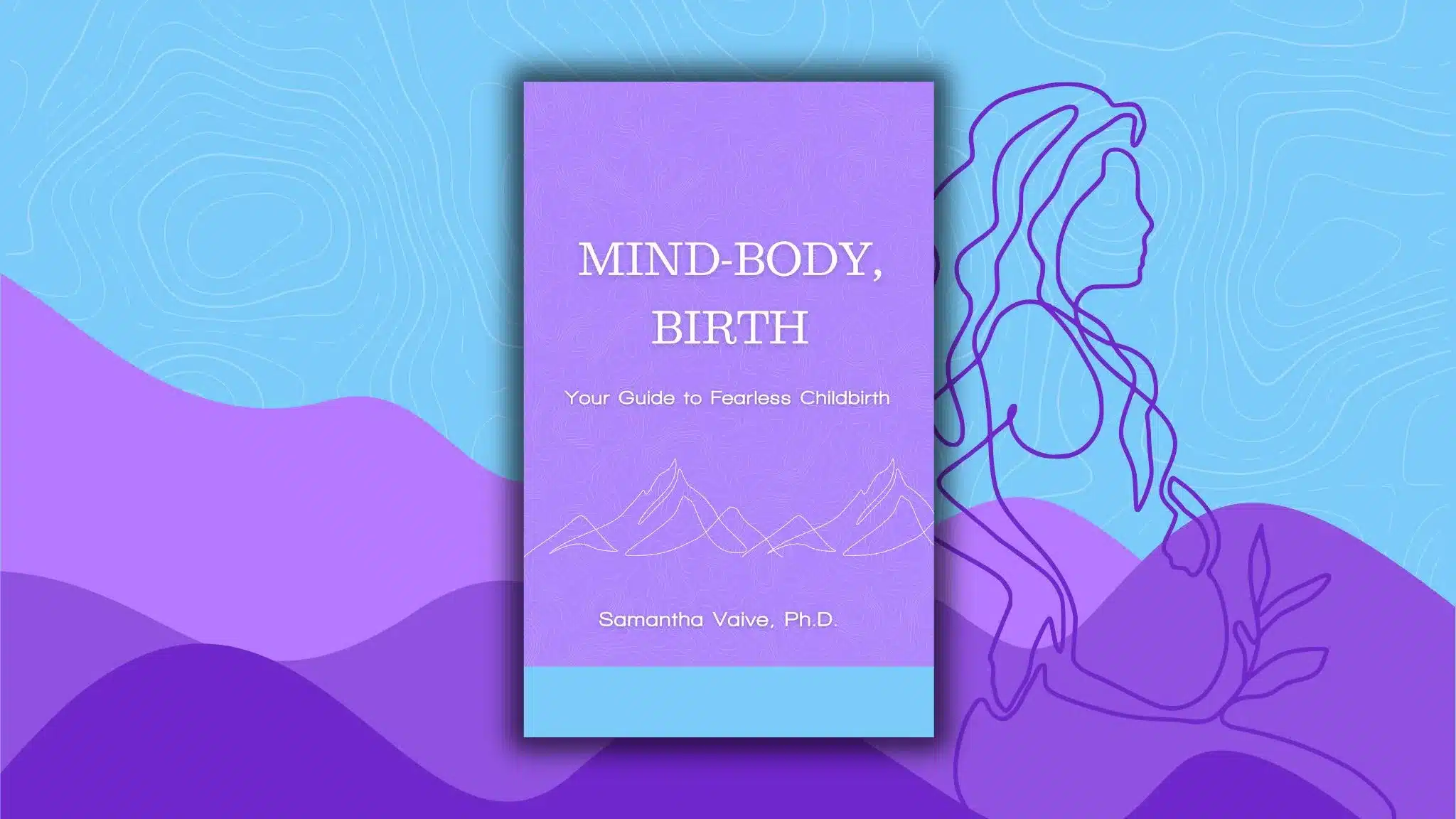
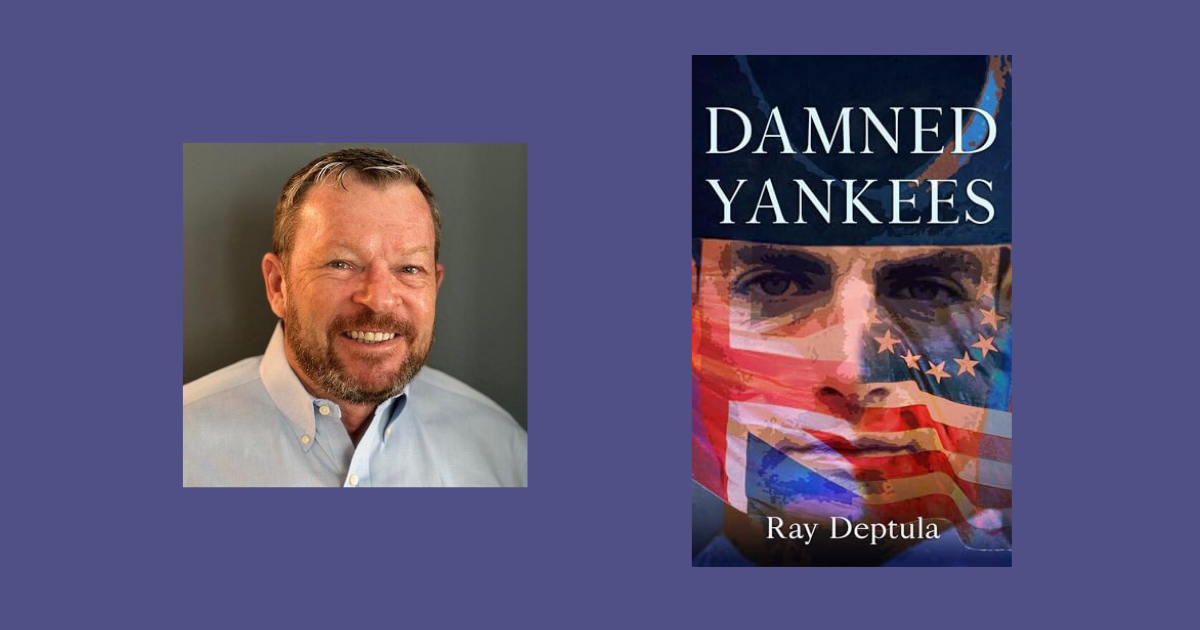
:quality(85):upscale()/2025/01/07/813/n/1922564/b63421d9677d72ddd6eff7.56786871_.png)

